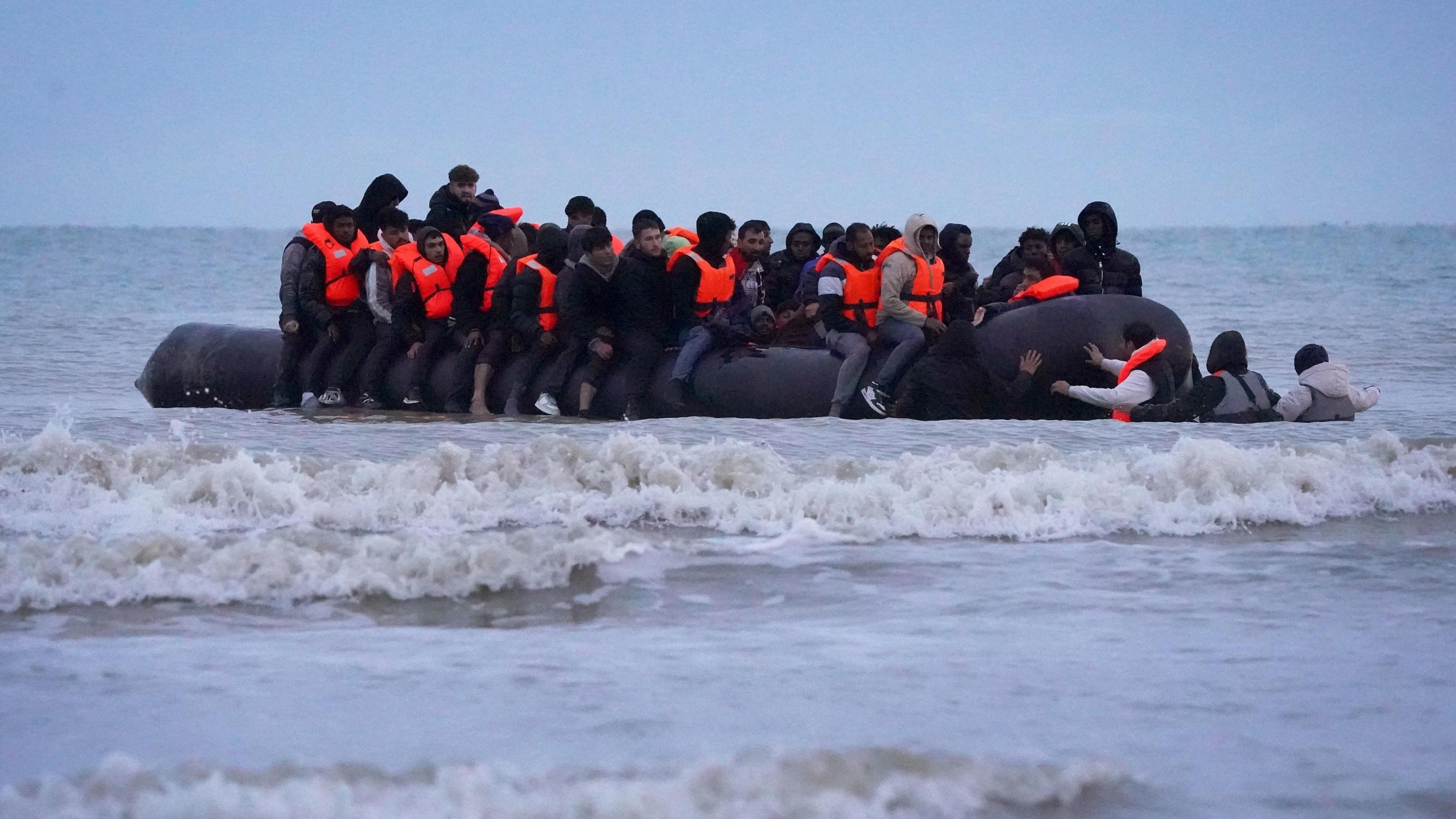Your Questions: Asylum plans in Crowborough

The plans have been drawn up as part of Labour's efforts to end the use of asylum hotels for this purpose by 2029
- Published
Plans to temporarily house up to 600 asylum seekers at an East Sussex military site have prompted questions, sparked local protest, and been at the centre of meetings both public and political.
Last month the Home Office confirmed discussions were under way to use the Crowborough army training camp as part of efforts to end the use of hotels for asylum accommodation.
Stakeholders including Wealden District Council, MP Nus Ghani and Sussex Police have had their say on the proposal, which has proven divisive.
With protests held on successive weekends, the anticipated arrival of asylum seekers in Crowborough is of huge public interest.
So how did we get here?
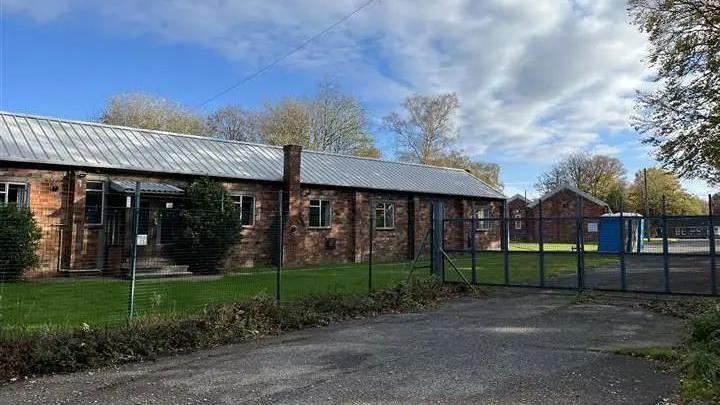
The Home Office confirmed plans to house asylum seekers at the town's training camp for a year
Why Crowborough?
The government has a statutory obligation to provide accommodation for asylum seekers, external who would otherwise be destitute.
Asylum seekers refer to those who leave their country due to persecution, war, or violence.
Hotels have been used to house those awaiting a decision from the Home Office on their asylum claim, but the Labour government has pledged to end the use of hotels for this purpose by 2029.
This is where military sites come in.
Crowborough army training camp has been earmarked to be used as asylum accommodation for 12 months before being returned to the Ministry of Defence (MoD).
According to the latest Home Office figures, 540 single, male asylum seekers will be housed at the site.
What are the community concerns?
BBC Radio Sussex visited Crowborough when the news broke at the end of October.
Pressure on local infrastructure was a key concern that day, while the protests held since have centred around public safety concerns.
At a public meeting last Thursday in Crowborough the Home Office confirmed anyone in the area would need to be registered with local GP services.
Andrew Larter, director of asylum accommodation, said the Home Office expects to "provide the bulk of primary care services on site".
The NHS has also confirmed all asylum seekers placed in the army camp will be registered with GPs in the county.
In terms of public safety, Sussex Police chief constable Jo Shiner said on Thursday that "reassurance patrols" have increased in Crowborough.
She said the force has a "really good, solid, command structure in place" to keep communities safe.
An application for further funding to police this greater demand is currently in the process of being finalised, Ms Shiner said.
The Home Office-managed site has a perimeter fence with 24/7 security on site.
What will the asylum seekers be doing?
Home Office director of asylum accommodation, Andrew Larter, told last week's meeting that once someone had been registered as an asylum seeker "they are lawfully allowed in this country, they have the right to go where they please".
Those at the meeting also heard that imposing a curfew would be a form of detention and it would not be legal to tag occupants.
Mr Larter said transport would be provided to encourage people leaving the site to go further afield, rather than always heading directly into Crowborough town centre.
He said sports, English lessons and activities would be provided on site by voluntary and faith groups to keep people occupied.
Those protesting have expressed concerns about a large number of people being free to roam around the town unchecked.
What will the plans cost?
Mr Larter has said housing asylum seekers at the training camp would cost roughly the same as accommodating them in hotels.
When answering questions posed by members of Wealden District Council (WDC) earlier this month, the official said costs are expected to exceed £100 per person per night.
Money needed to make the site suitable for asylum seekers would be an added expense, he confirmed.
According to government figures, expected costs of Home Office accommodation contracts for 2019-2029 have tripled from £4.5bn to £15.3bn.
How have politicians responded?
At the beginning of this month WDC said it is considering legal options to stop the plans, and on Wednesday, councillors unanimously backed a motion formally opposing the proposal.
Introducing the motion, WDC leader James Partridge argued the town's public services were "barely coping with its existing population".
He said locals are "justifiably very worried about what would happen if 540 single men arrive to stay in the town with very little to do all day".
Wealden MP Nus Ghani is also opposed, and has criticised WDC for a perceived lack of transparency over the plans.
Ghani said she was "disgusted" that WDC had "withheld information from all of us from their ongoing negotiations with the Home Office".
Partridge said he understood the frustration, but said the MP had resorted to publishing "all sorts of things which frankly show no leadership at all but a desire to raise the temperature".
Sussex police and crime commissioner Katy Bourne, who attended the first protest, believes the plan has been "dumped on everybody" with "no consultation".
The Home Office has apologised for its handling of the plans, having been criticised by WDC for creating an "information vacuum".
Will the camp only be used for one year?
At last week's public meeting Mr Larter gave an "absolute assurance" that all of the Home Office's planning was based on using the camp for 12 months only.
He said a "guarantee" would be a ministerial decision that he was unable to give.
The official was later asked whether the government paying millions of pounds, such as £1.5m to upgrade the electricity supply, would really be invested for just one year's use.
Mr Larter said they were obliged to ensure all systems at the site were safe, legal and compliant.
Follow BBC Sussex on Facebook, external, on X, external, and on Instagram, external. Send your story ideas to southeasttoday@bbc.co.uk , external or WhatsApp us on 08081 002250.
Related topics
- Published18 hours ago
- Published4 days ago

- Published10 November
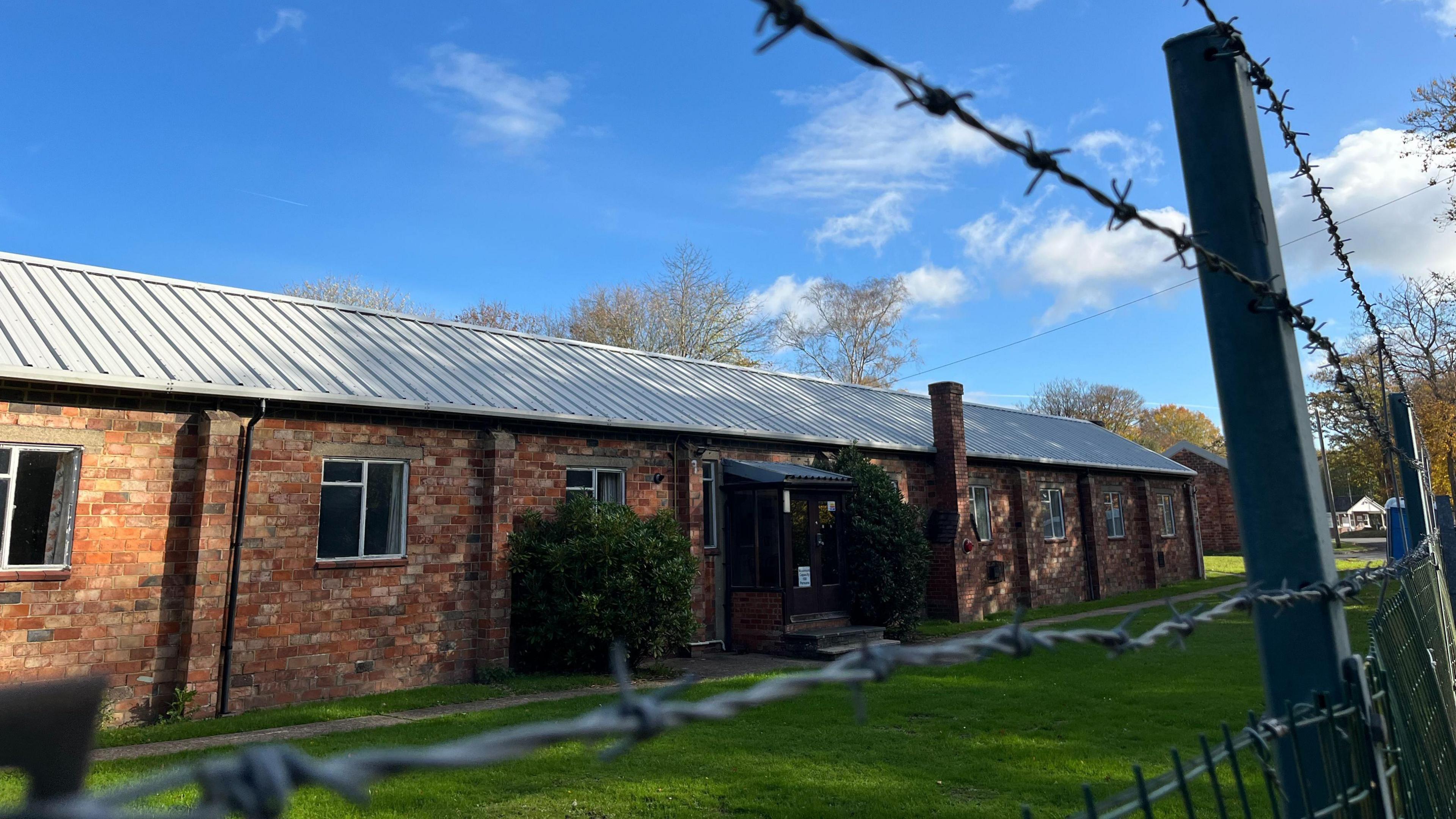
- Published7 November
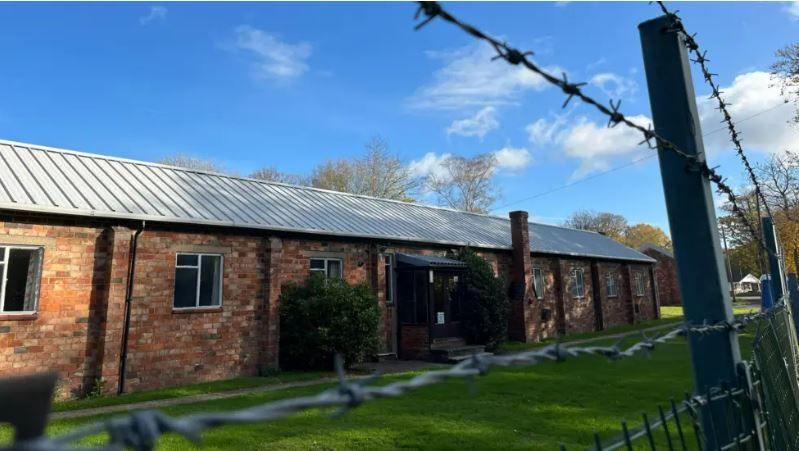
- Published4 November
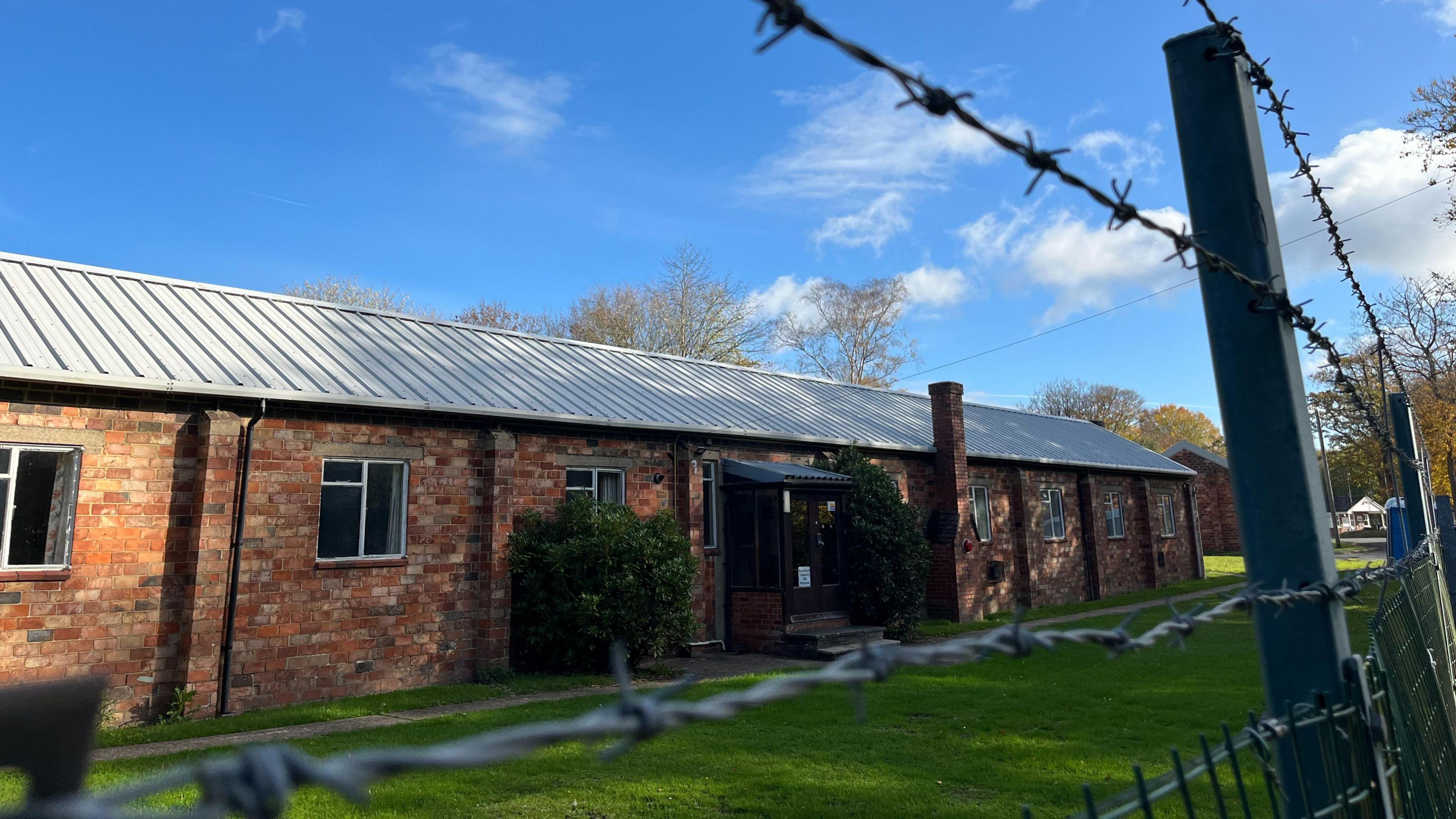
- Published29 October

- Published28 October
